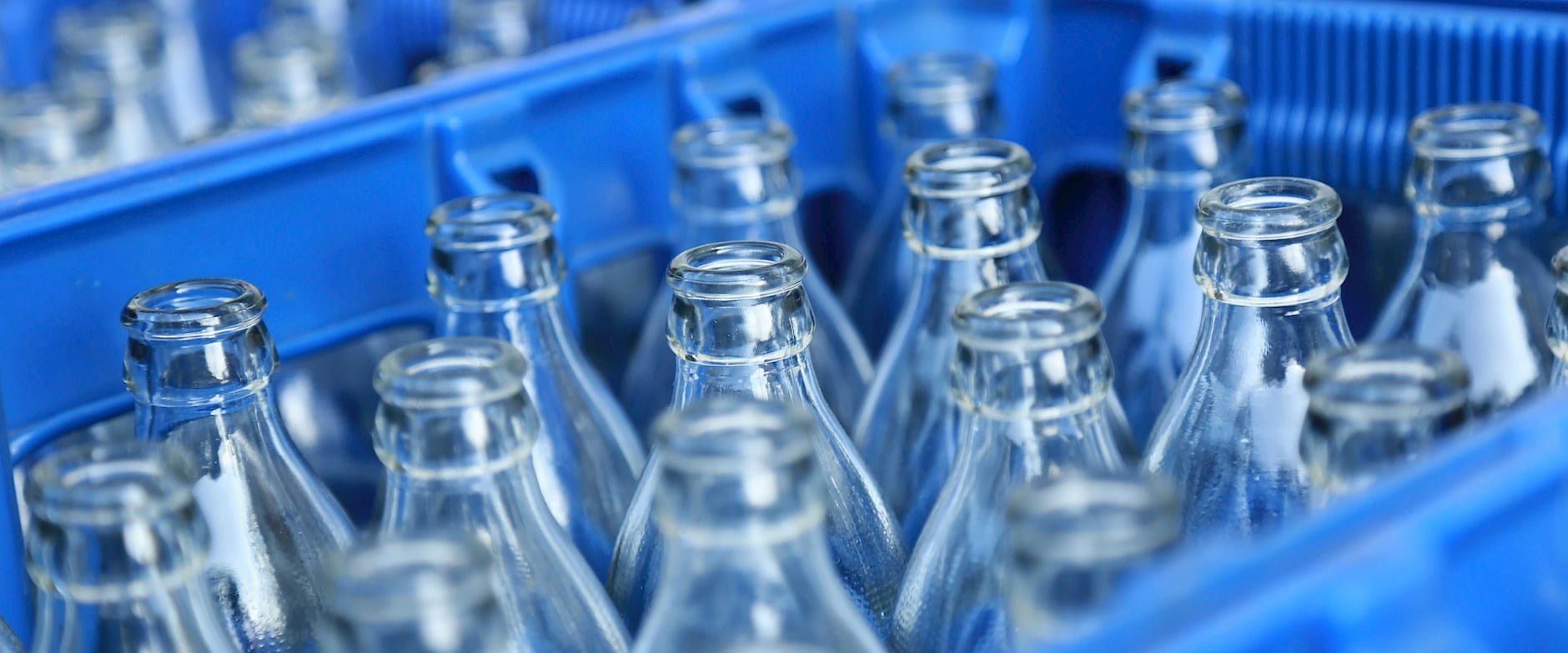Most plastic can’t be recycled—and even most of what can still ends up as garbage. Some 171 trillion pieces of plastic are estimated to be floating in the world’s oceans. Plastic has been found inside frogs, seabirds, and human placentas. It’s blended into the snow of Antarctica.
Bottle deposits—which tack a few extra cents onto beer, soft drink, and other beverage prices, then refund this deposit when customers return the containers—are one small step toward a remedy. The deposits apply to both bottles and cans, whether they’re made of plastic, glass, or aluminum. States in the US with bottle bills have average recycling rates of 70 percent, while those without typically have rates below 30 percent, according to the Bottle Bill Resource Guide, a project of the nonprofit Container Recycling Institute.
Bottle bills are an increasingly popular policy tool. The European Commission, for instance, has issued a directive forcing all 27 member states to adopt bottle bills for plastic bottles by 2029.
In addition to increasing recycling, the bills should have the effect of increasing sales, suggest University of North Carolina’s Kristopher Keller and University of Amsterdam’s Jonne Guyt. But that sales boost could be undone by retailers raising prices, according to their research.
How retailers responded
When New York started collecting a deposit on bottled water, retailers raised prices on smaller bottles of water and dropped them on the largest ones. Consumers then traded up in size.
Using NielsenIQ data housed at Chicago Booth’s Kilts Center for Marketing, Keller and Guyt studied how a bottle bill in New York State influenced prices and sales of bottled water. They gathered two years of weekly sales data for 1,500 stores throughout New York and codes for 130 unique products in the bottled water category. The bottle bill, which covers all beverages with package sizes under 1 gallon, was implemented in the middle of the two-year period, allowing them to study sales data before and after the bill was introduced. The researchers contrasted their findings in New York with comparable control markets in other states.
They estimate that the bottle bill alone should have led to a 7 percent increase in bottled water sales. That’s in part because a deposit makes buying plastic water bottles feel more permissible to consumers, the researchers theorize, creating a sense of “moral license.” It could also drive more attention to the category or prompt consumers to think that switching to larger bottle sizes (which can increase consumption but contain less plastic per fluid ounce of water) would be good for the environment.
However, this effect was countered by a price hike on bottled water, the amount of which exceeded the deposit amount. After deposits were put in place, retailers increased prices for every water-bottle size covered under the law. This boost was greatest for the smallest bottle—nearly 30 percent per fluid ounce—and stepped down as bottle size grew. For those bottles not covered by the bill, prices actually fell.
In light of these price moves, overall sales declined by roughly 3 percent. Faced with paying a deposit on every bottle, consumers bought fewer bottles and traded up in size. Sales of larger-volume water bottles increased, but not enough to offset the loss of sales in the three smallest sizes.
The findings allow for a more nuanced understanding of bottle bills’ effects, the researchers write. For retailers, the researchers suggest that the bottle bills, absent price changes, could benefit the bottom line by increasing sales. For policy makers, the study raises implications that are typically overlooked when it comes to introducing bottle bills. “From everything we’ve read, policy makers do not think about downstream complications for retailers,” Keller says. “What we show is that retailers change their behavior and thereby affect purchase patterns of water. This hasn’t been documented before, and it ought to enter into the legislative decisions that are being made.”
Kristopher Keller and Jonne Guyt, “The Dark Side of Bottle Deposits: How Price Increases, Rather than Bills Deposits, Generate Sales Losses for Retailers,” Working paper, September 2023.
Your Privacy
We want to demonstrate our commitment to your privacy. Please review Chicago Booth's privacy notice, which provides information explaining how and why we collect particular information when you visit our website.
